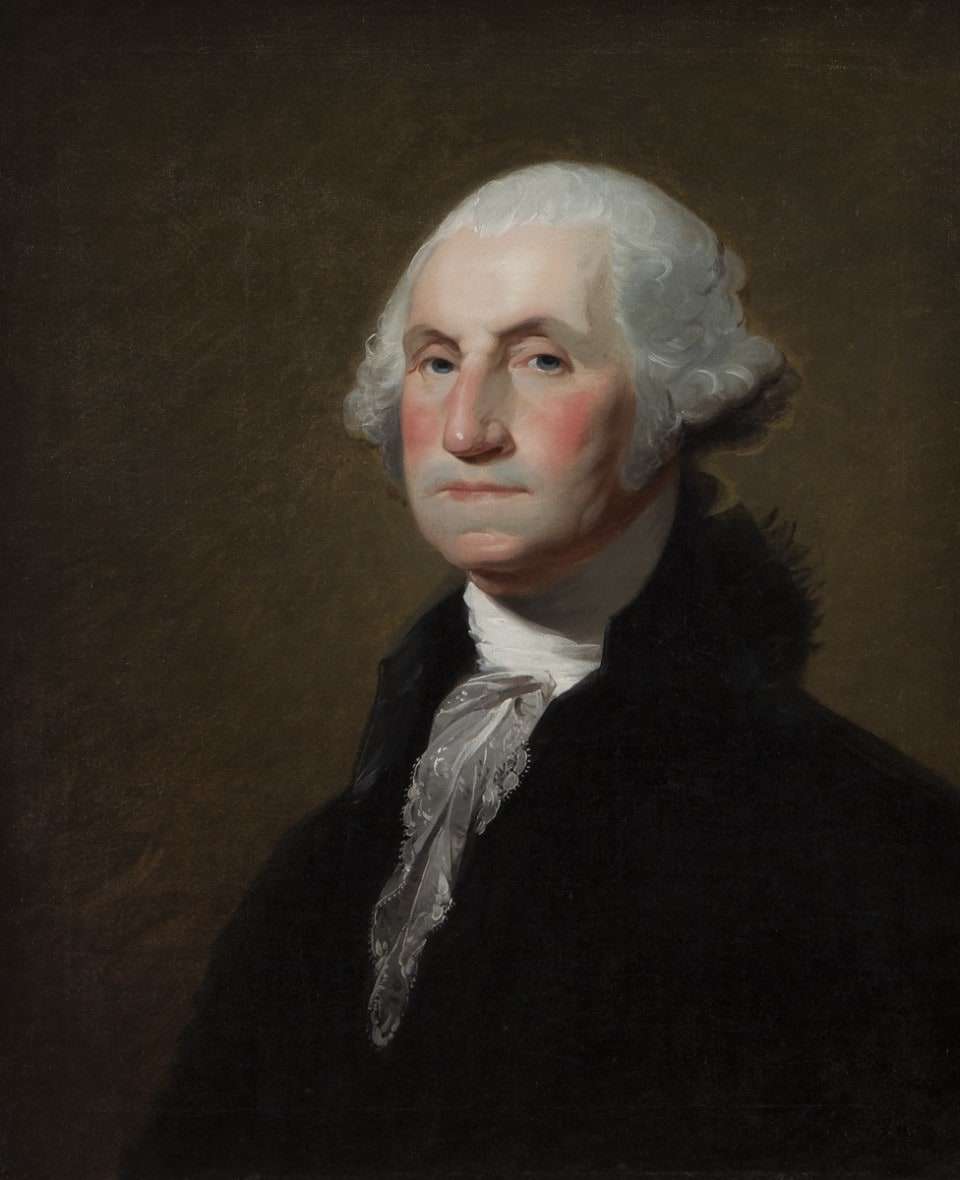The Volokh Conspiracy
Mostly law professors | Sometimes contrarian | Often libertarian | Always independent
Fake olds: 'Government is not reason, it is not eloquence -- it is force' is probably not a real George Washington quote

I've often seen this supposed quote from George Washington, including in books of quotes:
Government is not reason, it is not eloquence - it is force. Like fire it is a dangerous servant and a fearful master; never for a moment should it be left to irresponsible action.
Indeed, I saw it just this morning, so I thought I'd note what I mentioned on the old blog in 2010: It's not at all clear that Washington ever actually said this. I searched for it in various databases, and the earliest reference I found to it was in a 1902 source. Others have likewise noted that the quote might well be apocryphal; when I asked Fred Shapiro, editor of the excellent "Yale Book of Quotations," he responded:
This is undoubtedly apocryphal, like many other quotations attributed to Lincoln or Washington. No one has ever found any evidence that Washington said it. In the next edition of the Yale Book of Quotations, barring any further discoveries, I will list it as a pseudo-Washingtonism, with the earliest known citation being [in 1902].
I did some checking of my own, and the only sources I've seen mentioned for the quote are Washington's "Farewell Address" (rarely) and the Jan. 14, 1790, Boston Independent Chronicle (more often). It's not in either. I've checked the Independent Chronicle issue in an online database to which UCLA has a subscription, but the Washington speech printed there is this speech, which does not include the quote. (The citations I've seen generally say that the Independent Chronicle issue reprinted a Jan. 7, 1790, speech; the speech in the Jan. 14, 1790, Boston Independent Chronicle is a Jan. 8, 1790, speech, but the first item in that article bears a Jan. 7, 1790, reference.)
What's more, there was indeed a fire/servant/master phrase in common use in the 1700s, but it was "fire is a good servant but a bad master." Our lawyer readers might be amused to know that Sir William Blackstone used that phrase in some commentaries on Shakespeare (who knew?), describing it as a proverb. (The same construction was also used about love, money, wine, imagination and other things.)
Given this, it would have been odd for someone to say "Like fire it is a dangerous servant and a fearful master," with negative qualifiers both for servant and master, when the proverb had a positive for the servant but a negative for the master. Of course, the point of the proverb was that fire is indeed dangerous - but the dangerousness was conveyed by implication from "bad master" and was counterposed to the value stressed by "good servant."
Now it's hard to prove that Washington never said this; but until I see a reliable source for it, I'd be skeptical. I certainly wouldn't report the quote without noting at least that it might well be apocryphal, though I would go further and say that it is probably apocryphal.


Show Comments (0)